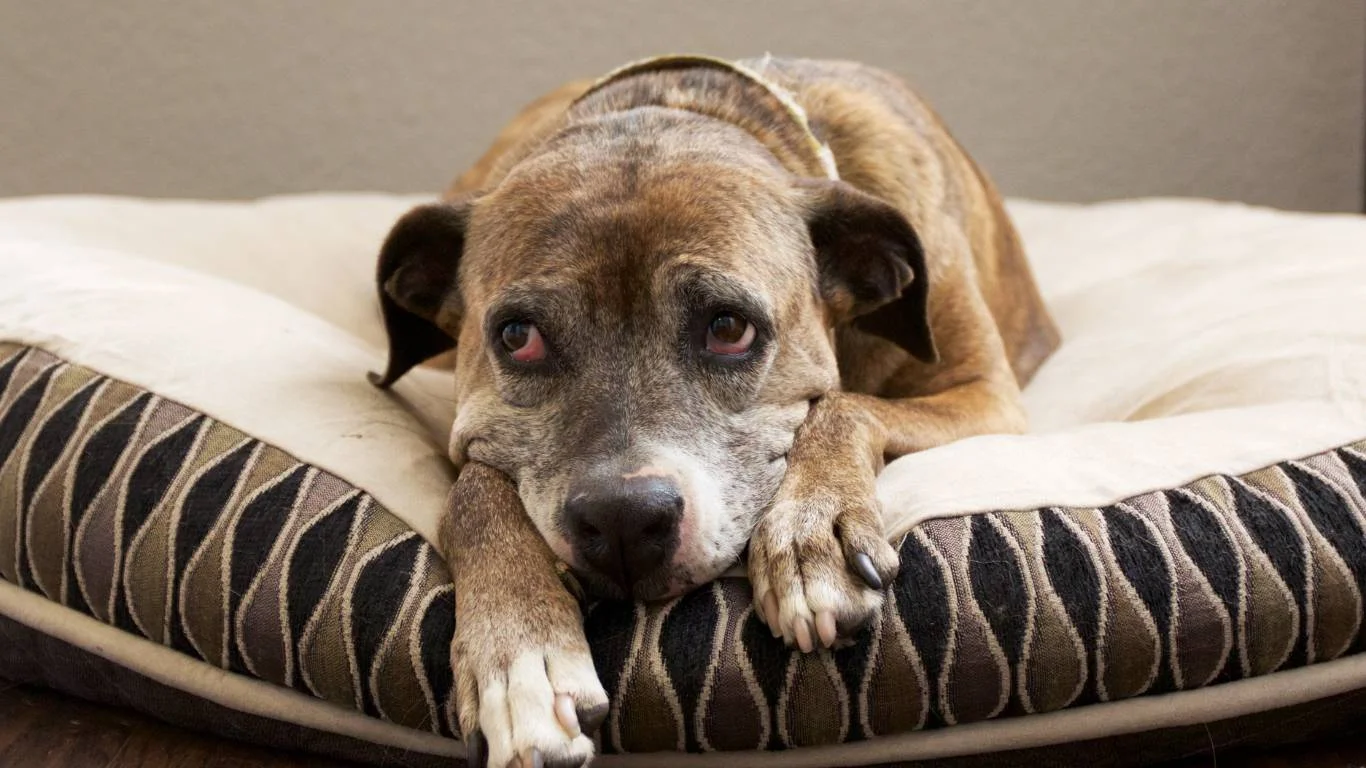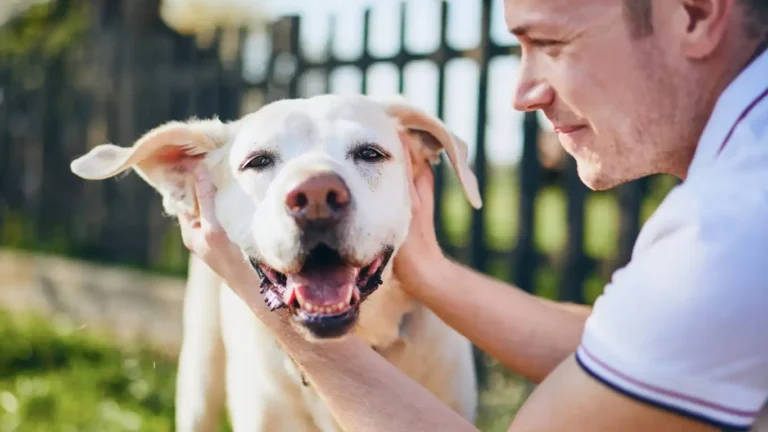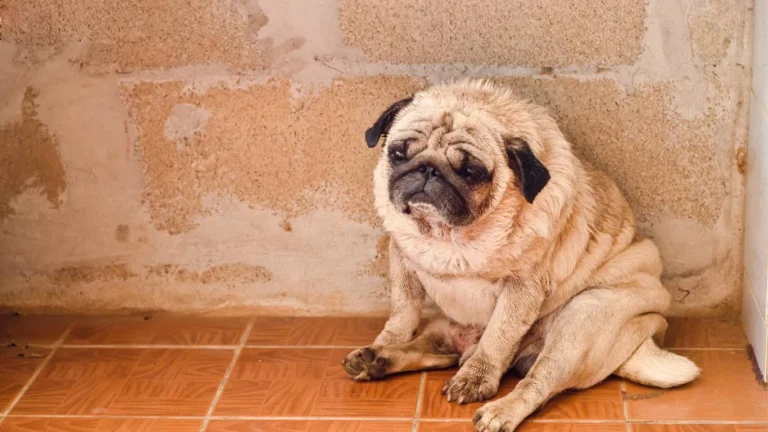10 Natural Ways to Prevent Bad Breath in Dogs for a Healthier Pup
As a veterinary assistant with a focus on nutrition, I’ve seen firsthand how much our dogs’ overall health and well-being are linked to their oral hygiene. Bad breath in dogs is one of those common issues that can be both unpleasant and concerning. While many pet owners might just chalk it up to their dog’s diet or lack of brushing, the truth is, there are natural ways to prevent bad breath in dogs that go beyond traditional methods. These methods can improve your dog’s overall health, leading to a happier, more vibrant life. So, let’s dive in and explore some simple, yet effective ways to help your dog’s breath smell as fresh as a spring day!
Understanding Why Dogs Get Bad Breath
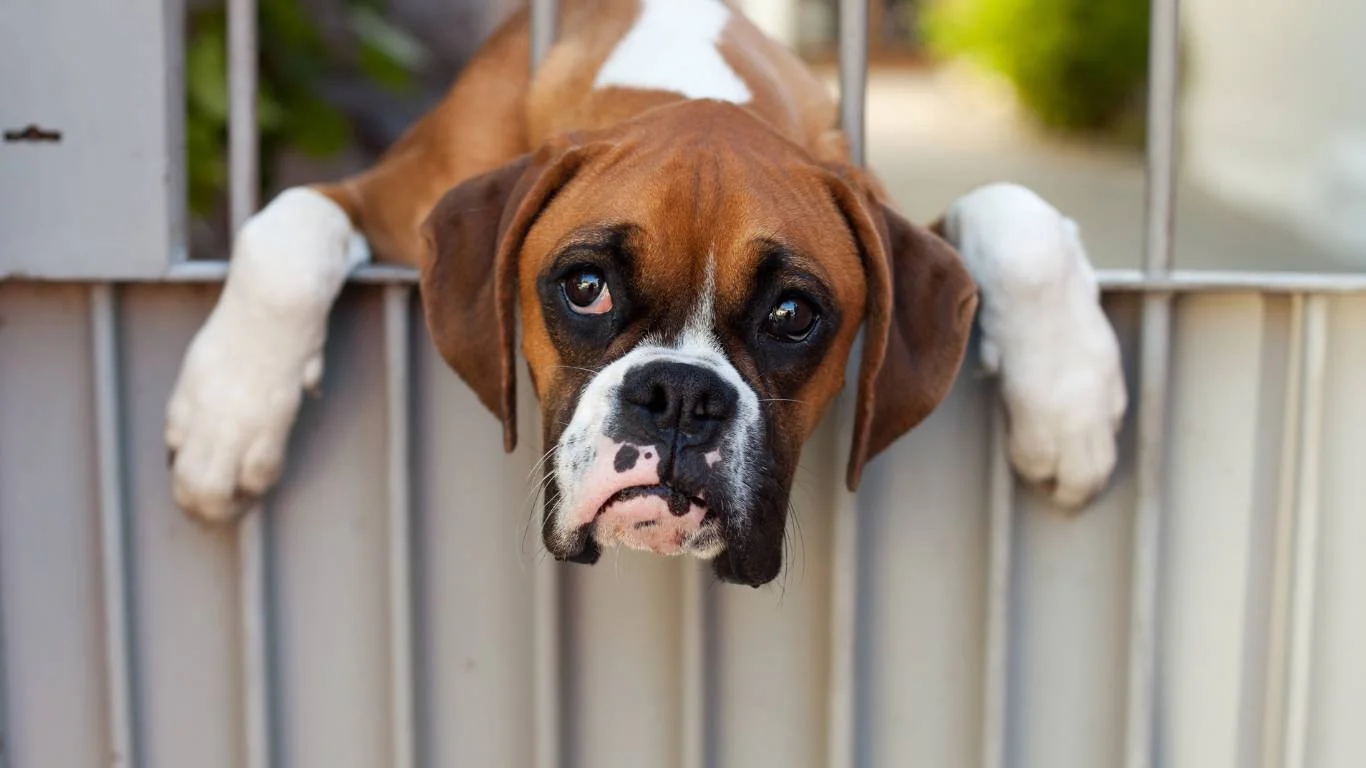
Before we jump into natural solutions, it’s important to understand what’s causing that stinky dog breath in the first place. You may think it’s just a result of the food they ate or that it’s something you have to put up with, but bad breath can actually be a sign of an underlying issue. While a little bit of doggy breath is normal, persistent foul odor can point to a few things:
- Poor oral hygiene: Just like humans, dogs can develop plaque and tartar on their teeth, which can lead to bacteria build-up and stinky breath.
- Dietary issues: Certain foods, especially those that are high in sugars and processed ingredients, can contribute to bad breath in dogs.
- Health problems: Sometimes bad breath can be linked to more serious health issues like kidney disease, diabetes, or digestive problems.
So, if your dog’s bad breath is more than just the occasional stinky morning breath, it might be time to take a closer look at their overall health and consider some natural remedies to help. Let’s talk about some easy and natural ways to prevent bad breath in dogs that can improve not just their breath, but their general well-being.
Natural Ways to Prevent Bad Breath in Dogs
1. Dental Health Is Key
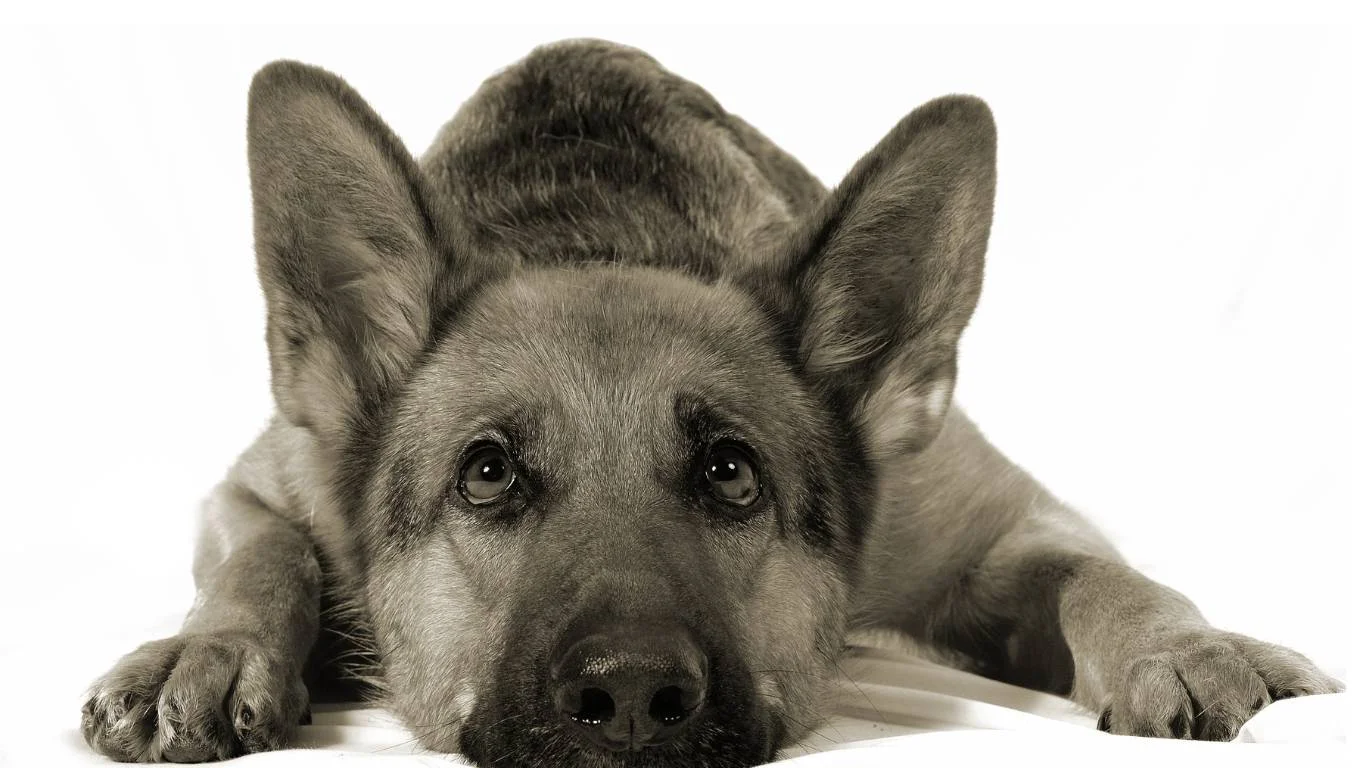
One of the most important factors in preventing bad breath in dogs is maintaining their dental health. Regular brushing is a must, but let’s be honest – not every dog is going to sit still for a teeth cleaning. So, what’s a pet parent to do? Well, luckily there are some natural options to keep their teeth cleaner for longer, without having to constantly wrestle them into a toothbrush session.
- Brush their teeth regularly: It might sound like a no-brainer, but brushing your dog’s teeth is the easiest way to prevent plaque buildup and keep their breath fresh. If you’re not sure how to brush your dog’s teeth, start slow and use dog-friendly toothpaste. Try to aim for a few times a week, if not daily.
- Dental chews and treats: There are plenty of natural dental chews on the market that can help clean your dog’s teeth while also satisfying their chewing instinct. Look for treats with natural ingredients that help reduce plaque and tartar. Some even come with added benefits like probiotics to support digestion.
- Water additives: If your dog isn’t a fan of having their teeth brushed, try adding a natural water additive to their drinking water. These additives are designed to help reduce plaque buildup, fight bacteria, and freshen their breath without the need for a toothbrush!
2. Improve Their Diet

What your dog eats plays a huge role in their oral health and overall breath. Feeding your dog a balanced, nutritious diet will help prevent a number of health issues, including bad breath. When considering your dog’s diet, focus on high-quality, whole ingredients that support dental health. Here are some tips:
- Raw bones and chew toys: Raw bones can help clean your dog’s teeth by scraping away plaque. Always supervise your dog while chewing, and make sure the bones are appropriate for their size and chewing habits. Some chew toys also help with dental health by promoting natural teeth cleaning.
- Fresh fruits and veggies: Many fruits and vegetables, such as carrots, apples, and celery, are great for your dog’s teeth. They can naturally scrub your dog’s teeth while providing beneficial nutrients. Plus, they can be a tasty treat your dog will love!
- Avoid sugary treats: Just like with humans, sugar isn’t great for your dog’s teeth. Try to limit processed treats that contain high amounts of sugar and opt for natural alternatives that will be easier on your dog’s teeth and gums.
3. Stay on Top of Regular Vet Visits
Regular veterinary check-ups are essential not only for your dog’s overall health but also for catching dental problems early. Your vet will be able to perform professional cleanings and check for any signs of gum disease, tooth decay, or other oral health issues that might be contributing to your dog’s bad breath.
In my experience, catching issues early can prevent more serious problems down the road. Even if your dog’s breath doesn’t seem that bad, a professional dental cleaning once a year can make a big difference in their oral health and your nose!
4. Herbal Remedies for Freshening Breath
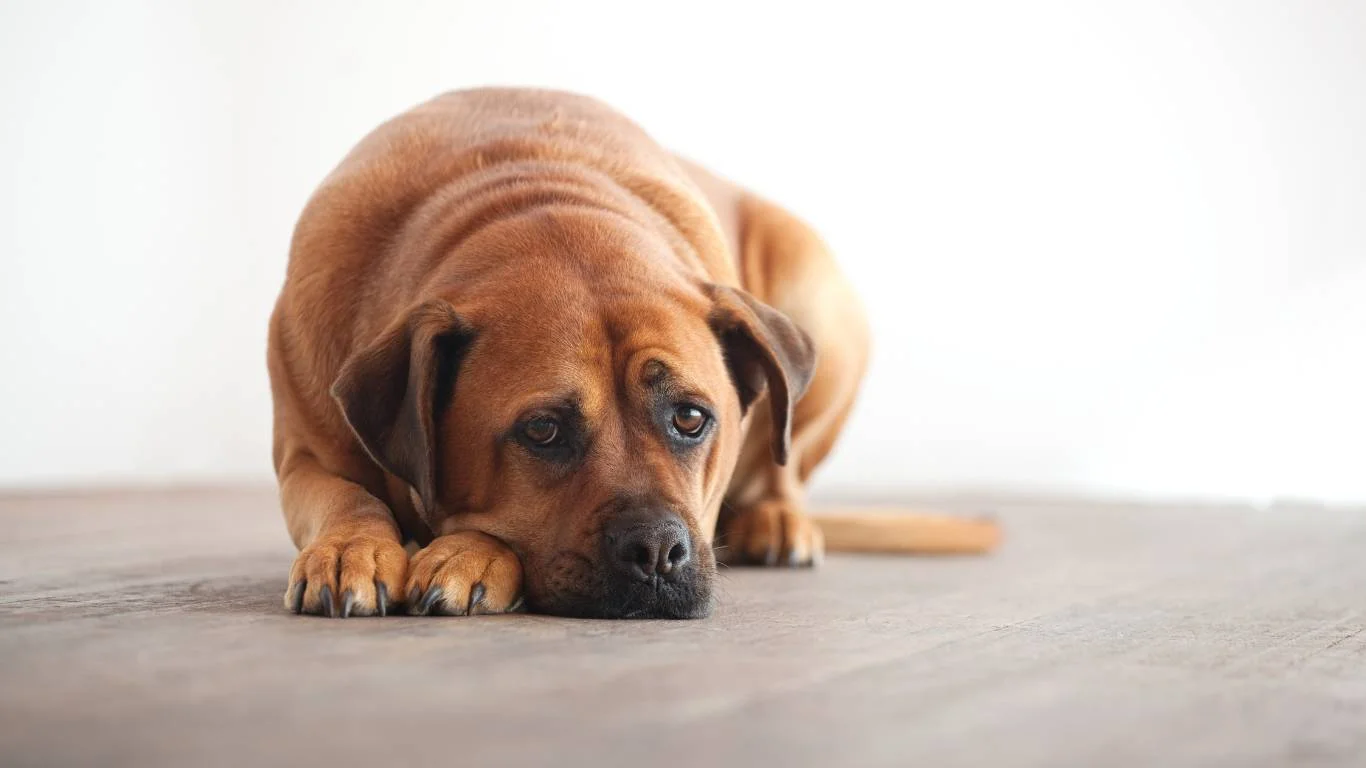
If you’re looking for a more holistic approach to preventing bad breath in dogs, herbal remedies might be just what you need. I’ve seen how well these natural solutions can work in my practice, and they can be a great alternative or supplement to traditional treatments. Certain herbs have natural antibacterial properties that can help neutralize odors and support your dog’s digestive and oral health. Here are a few herbs to consider:
- Parsley: This popular herb is not only a breath-freshener but also offers a natural diuretic effect that can help with detoxifying your dog’s system. The chlorophyll in parsley can help neutralize bad odors, making it an easy addition to your dog’s diet.
- Mint: Peppermint and spearmint are known for their fresh, pleasant scent and can help mask bad breath in dogs. Just be sure to use mint in moderation, as too much can upset your dog’s stomach.
- Fennel: Fennel seeds have been used for centuries to promote digestion and combat bad breath. This herb can help soothe your dog’s digestive system, which, as we discussed earlier, can play a role in the freshness of their breath.
You can sprinkle small amounts of these herbs over your dog’s food, or, if they’re comfortable with it, serve them as a fresh treat. Just make sure you’re using organic, pet-safe herbs, and start with small quantities to see how your dog responds. As with any new food or supplement, it’s a good idea to check with your vet first to make sure it’s safe for your specific dog breed and size.
5. Keep Your Dog Hydrated

Dehydration is another often-overlooked cause of bad breath in dogs. When dogs don’t drink enough water, their mouth becomes dry, and saliva production decreases. Saliva plays a crucial role in washing away food particles and bacteria that can lead to foul odors. Keeping your dog well-hydrated is one of the easiest ways to improve their breath naturally.
Now, I know it can sometimes be a struggle to get some dogs to drink enough water, especially if they’re picky. But I’ve found that making the water more enticing can do wonders. You could try:
- Adding ice cubes: Some dogs love playing with ice cubes in their water bowl, which can help them drink more. You can even freeze some low-sodium broth inside the cubes to make the water more flavorful.
- Switching up water bowls: Believe it or not, some dogs have preferences when it comes to water bowls. If you notice your dog avoiding their bowl, try a different style, like a stainless steel or a fountain bowl that provides fresh, moving water.
- Adding a splash of flavor: Try adding a little splash of low-sodium chicken broth to their water. This will encourage hydration while making their water a bit more exciting.
Being proactive about keeping your dog hydrated not only helps with bad breath, but it also supports their kidneys and overall health. So, make sure fresh water is always available, especially during warmer months or after playtime!
6. Natural Chew Toys to the Rescue
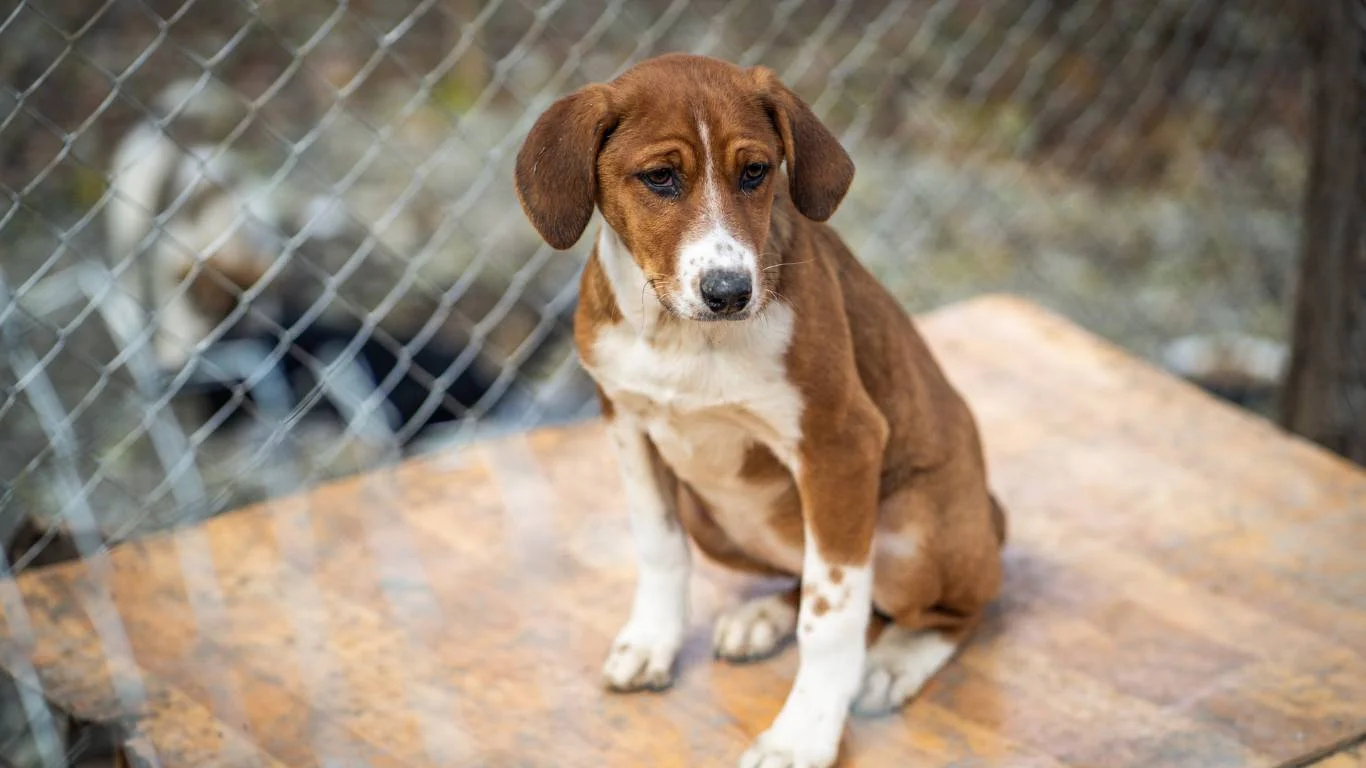
We’ve talked about brushing and treats, but there’s another natural solution I can’t recommend enough: chew toys. Dogs have a natural instinct to chew, and when they do, it can help clean their teeth and gums. Not only does this prevent plaque buildup, but it also helps with bad breath by removing food particles that would otherwise sit in their mouth and cause odors.
The right chew toy can also promote healthy teeth and gums, so it’s not just about breath – it’s about long-term oral health. Look for toys that are made from natural materials like rubber or nylon, which are durable and safe for your dog to chew on. Here are a few types of chew toys that can help with bad breath:
- Rubber chew toys: These toys are designed to last, and many have textured surfaces that help scrub your dog’s teeth as they chew. Some even come with treats inside to keep your dog engaged!
- Edible chews: If you prefer something your dog can actually consume, there are many natural, edible chews made from ingredients like sweet potato, chicken, and even kelp. These can help clean your dog’s teeth and freshen their breath while also satisfying their chewing instinct.
- Dental toys: These specially-designed toys often have grooves or ridges to help reduce tartar and plaque buildup. They also come in a variety of flavors your dog will love!
In my experience, the combination of chewing and saliva production is a game-changer when it comes to keeping your dog’s breath fresh. And the best part is, your dog will have a blast doing it!
7. Probiotics for Gut Health and Fresh Breath

Let’s talk about another fantastic way to improve your dog’s breath that’s often overlooked: gut health. Believe it or not, the state of your dog’s digestive system can have a significant impact on the freshness of their breath. A healthy gut means better digestion, which translates to better-smelling breath.
Probiotics, which are beneficial bacteria, play a key role in maintaining a healthy gut. I’ve seen firsthand how giving dogs probiotics has not only helped with issues like bloating and diarrhea but also with reducing bad breath. When your dog’s gut flora is balanced, it can reduce the amount of gas and bacteria that lead to foul-smelling breath.
If you’re considering probiotics for your dog, be sure to choose a product that’s specifically formulated for pets. There are many probiotic supplements available in powder, capsule, and chewable forms. Look for ones that contain strains like Enterococcus faecium, Lactobacillus acidophilus, and Bifidobacterium animalis, which are all safe and effective for dogs.
Adding probiotics to your dog’s diet can help support their digestive system, leading to fresher breath, a healthier immune system, and an overall better quality of life. Always check with your vet before starting a new supplement to make sure it’s a good fit for your dog’s specific needs and health status.
8. Regular Grooming and Bathing

When it comes to your dog’s overall hygiene, it’s easy to focus solely on their teeth, but their coat and skin play a big role in their overall health too. Regular grooming and bathing not only help keep your dog smelling fresh but also contribute to their oral health. Let me explain how.
Did you know that bad breath can sometimes be linked to skin issues or allergies that can affect your dog’s overall scent? Regular grooming ensures that your dog’s skin remains healthy, reducing the buildup of bacteria or oils that can lead to body odor that might contribute to bad breath.
Additionally, while bathing your dog, you may notice signs of dental issues like tartar buildup or gum inflammation. Catching these things early can help you take action before the bad breath becomes a bigger problem. Here’s a few tips for incorporating grooming into your routine:
- Brush your dog’s coat regularly: Brushing your dog’s fur can help remove dirt and loose hair, but it also prevents the buildup of oils that might cause odors. Plus, it’s a great bonding activity!
- Give your dog regular baths: Bathing your dog every 4-6 weeks (or as needed depending on their breed) helps keep their skin healthy and free of bacteria that can contribute to bad breath. Just be sure to use dog-friendly shampoo to avoid drying out their skin.
- Look for signs of infection: While grooming, take the time to check your dog’s ears, eyes, and mouth for signs of infection. If you notice anything unusual, it might be time to visit the vet.
Good grooming practices will help your dog not only look and feel their best but also keep their breath smelling fresh and their skin in tip-top shape.
9. The Importance of Professional Dental Cleanings
While we’ve discussed plenty of natural ways to prevent bad breath in dogs, I can’t stress enough the importance of regular professional dental cleanings. I know, I know – nobody loves the idea of their dog undergoing a professional cleaning, but trust me, it’s worth it. Regular cleanings are essential to keeping your dog’s teeth in great shape and their breath fresh.
Just like in humans, plaque can harden into tartar, which can only be removed by a vet or professional. If left untreated, tartar buildup can lead to gum disease, tooth decay, and even tooth loss. And, of course, bad breath is a major sign that your dog might need a cleaning. I’ve seen so many dogs experience a significant improvement in their breath after just one session with a vet.
Depending on your dog’s breed and age, your vet will recommend how often they should get a professional cleaning. Generally, once a year is a good rule of thumb. Your vet may also suggest additional treatments like fluoride treatments or sealants to help protect your dog’s teeth for longer.
While brushing and natural remedies are essential for daily care, a professional cleaning ensures that your dog’s teeth stay in optimal condition and that their breath remains fresh. It’s an investment in their long-term health and happiness.
Disclaimer
The information provided in this article is intended for informational purposes only and should not be used as a substitute for professional veterinary advice, diagnosis, or treatment. Always consult your veterinarian before making any changes to your dog’s diet, health, or dental care routine. Individual health needs may vary, and a veterinarian can help tailor the right approach for your pet.
For more health tips for your pets, visit our website.
By staying proactive with your dog’s health and incorporating these natural ways to prevent bad breath in dogs, you’ll not only keep their breath fresh but also ensure they live a long, healthy life. Remember, a happy dog means a happy owner – and there’s nothing more rewarding than seeing your dog feel their best every day!
